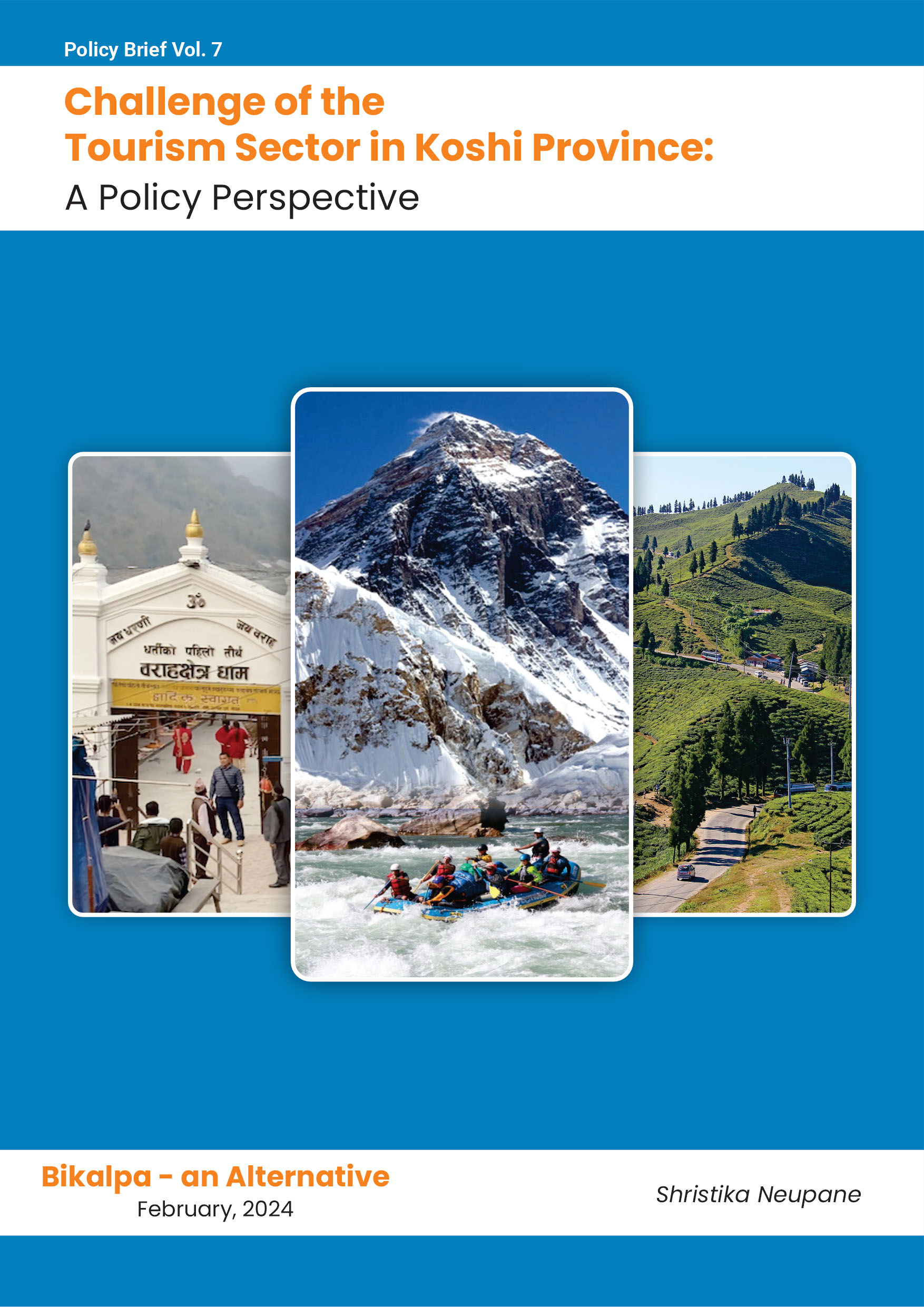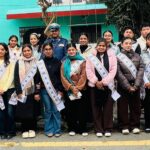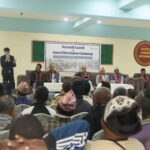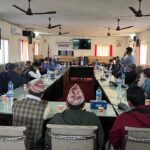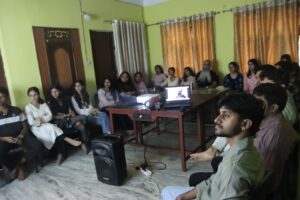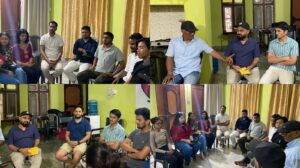On April 12, 2025, Bikalpa—An Alternative—conducted its Monthly Meeting at its Biratnagar office, with the motive of learning about minority rights and broader LGBTQIA+ issues. The meeting was titled “Understanding Sexual Orientation and Gender Identity: Minority Rights and How Law Shapes Identity and Community in Nepal.”
Ms. Manisha, a YPE Fellow, began by introducing the guests and welcoming them. This was succeeded by Ms. Ranu Sah, Program Associate of Bikalpa, who described the program objectives.
Following that, our guest speaker, Mrs. Muskan Shrestha, Program Officer for Pariwartanshil Samaj Biratnagar, facilitated the core presentation. She explained core terms like biological sex, gender identity, and sexual orientation. She highlighted that people are often classified according to their physical sex—male, female, or intersex—but within the person’s identity can be different. One may identify oneself as a woman, a man, or even a third gender, despite their biological sex.

Shrestha emphasized that while Nepal’s constitution provides LGBTQIA+ individuals with basic rights—some of the most progressive in Asia—social acceptance is limited. Terms like “Hijra” and abusive language are still used freely. She clarified the meanings of terms like lesbian, gay, bisexual, transgender, and intersex, which helped to raise awareness among participants.
She also testified from experience, pointing out that the substance of freedom is the power to self-define without causing harm. The presence of LGBTQIA+ individuals, she pointed out, is not novel—our heritage attests otherwise—but social and legal rhetoric has lagged.
She spoke of the mass discrimination transgender individuals undergo, from family rejection to structural barriers in education, work, health, and legal recognition. They are often denied minimal support and respect, and suffer from bullying, isolation, and scant financial and emotional support.
She concluded by seeking greater awareness, sensitivity, and tolerance in society. The audience was highly participative and asked questions pertaining to trans identity, intimate partner violence, mental health, and discrimination. These were freely discussed during the session.
The program ended with a thank-you note to ensure that Muskan Shrestha had contributed, and 29 Bikalpa and YPE members attended.



